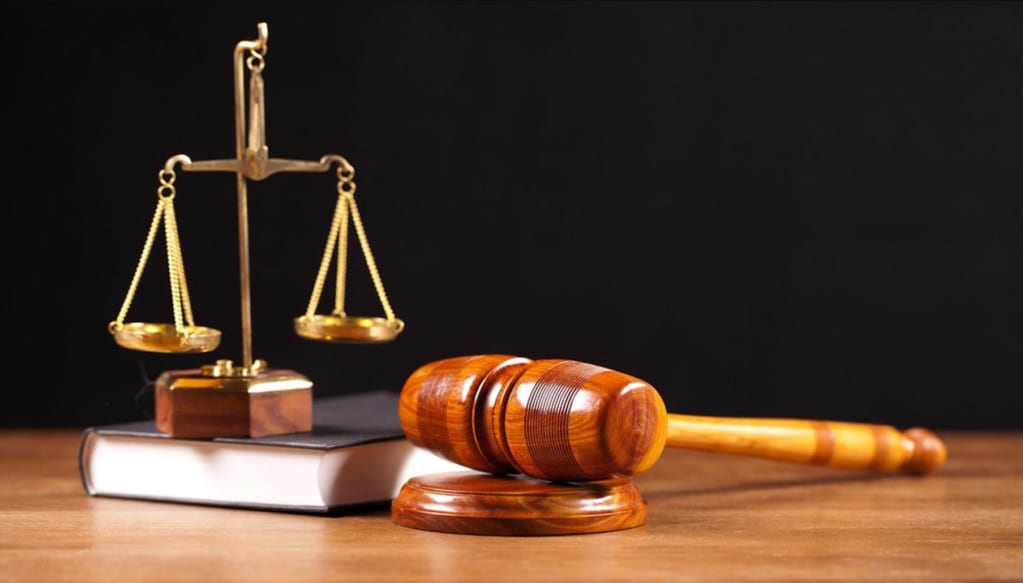Justice, in the Macmillan dictionary, is the treatment of people in a fair and morally right way. People are different concerning their cultures, social status, and circumstances. Therefore, we can say that Justice is ensuring fundamental human rights and treating people equally according to their doings to maintain peace and order.
Human rights are the fundamental rights ensured to all humans under justice: the right to life and liberty to maintain peace within a nation. Although the United Nations (UN) Charter states that every individual should have fundamental human rights, this is not applied in today’s “unjust” world everywhere. The common man is exploited by the influential one when justice is inaccessible to the common man, or more likely a less developed nation is exploited by a dominant nation. Africa, with its rich culture and resources, is now colonized by western countries that hold power. The English writer John Locke says about Africa; “Black Africans are beasts who have no houses. They are also people without heads, having their mouth and eyes in their breasts.” (Adichie, 6.34). This is an unjust judgement because Locke is violating the basic right of Africans to look and live like all humans as stated in the UN Charter. When considering justice everywhere, Martin Luther King, Jr.’s words are important; “We are not satisfied, and will not be satisfied until justice rolls down like waters and righteousness like a mighty stream.” Racial discrimination is also a violation of justice regarding human rights. Although America has dealt with racial discrimination and has established a society where people are “not judged by the color of their skin, but by the content of their character” (I Have a Dream, 5), it is now colonising people in the middle-east and considering them as ‘people who have no justice’. Maybe we can ask the question; is America being just when colonizing these cultures?
Justice in its legal and ethical aspects is acting according to the ideal of equal-doing recognized in a particular society, and treating a person’s doing per this ideal and state law. A punishment for a crime committed does not always look equal to the eyes of the public. An example would be the case of a Norwegian terrorist who killed 77 people in 2011 and was sentenced to 21 years of punishment (The New York Times). His punishment is unfair because 21 years of discipline does not bring back the lives he has taken. Justice should not be fair; it should be an equilibrium, according to the wrong-doers circumstances, then a morally correct punishment.
Justice is the act of using the law of reason to ensure fundamental human rights and encourage equitable treatment of individuals and society. We must keep in mind that “Injustice everywhere is a threat to justice everywhere” (Letter from Birmingham, 2). Therefore it must exist not only in the foundation but also on the roof of every state and person.
Works Citied
Adichie, Chimamanda Ngozi. The Danger of a Single Story.Ted.Ted, Oct.2009.
Web. 6 Apr. 2014
Armağan, Mustafa. “‘Adalet Mülkün Temelidir’ sözü Hz. Ömer’e aittir”. Zaman 10 Feb.
2013. Print. 8 Apr. 2014
“Justice”. Definition Essay: Student Sample 3. Wikispaces. Wikimedia, n.d. Web.
8 Apr. 2014
“Justice”. Wikipedia. Wikimedia, n.d. Web. 7 Apr. 2014
King Jr., Martin Luther. “I Have a Dream”. March on Washington. American Rhetoric,
Washington, 28 Aug.1963. Speech. 8 Apr. 2014
King Jr., Martin Luther. Letter to White Religious Leaders of the South. 16 Apr. 1963 “Letter
from Birmingham”. Liberation, June 1963. Print. 8 Apr. 2014
Lewis, Mark, Sarah Lyall. “Norway Mass Killer Gets The Maximum: 21 Years”.
New York .Times. New York Times, August 24, 2012. Web. 6 Apr. 2014.
Stone, Trevor. “Just what is Justice?” Electronic Frontier Foundation. Blue Ribbon
Campaign. Spring 1997. Web. 6 Apr. 2014 “What is Justice?” Academic Help. Academic Help, 12 July 2013.Web. 8 Apr. 2014

